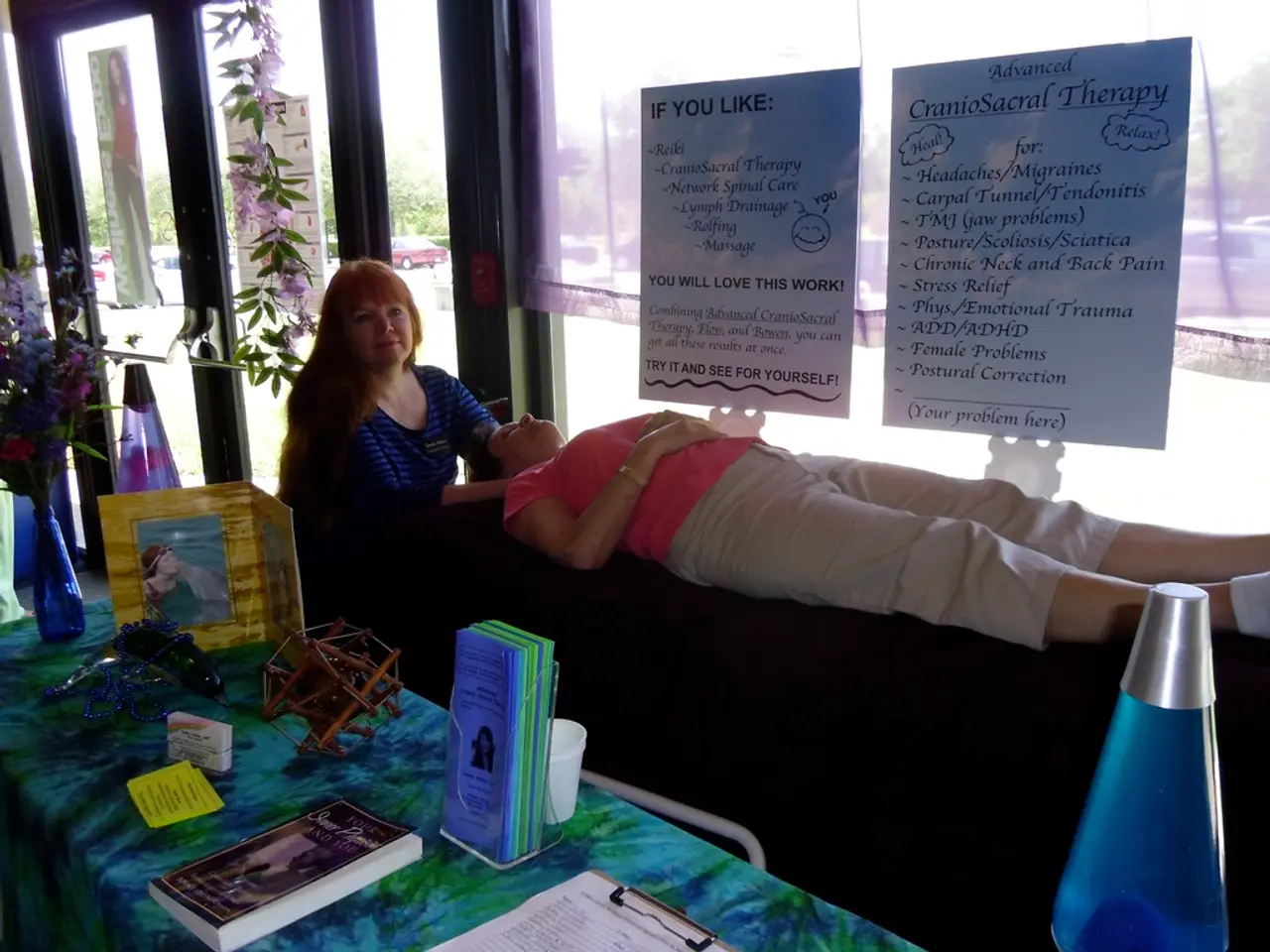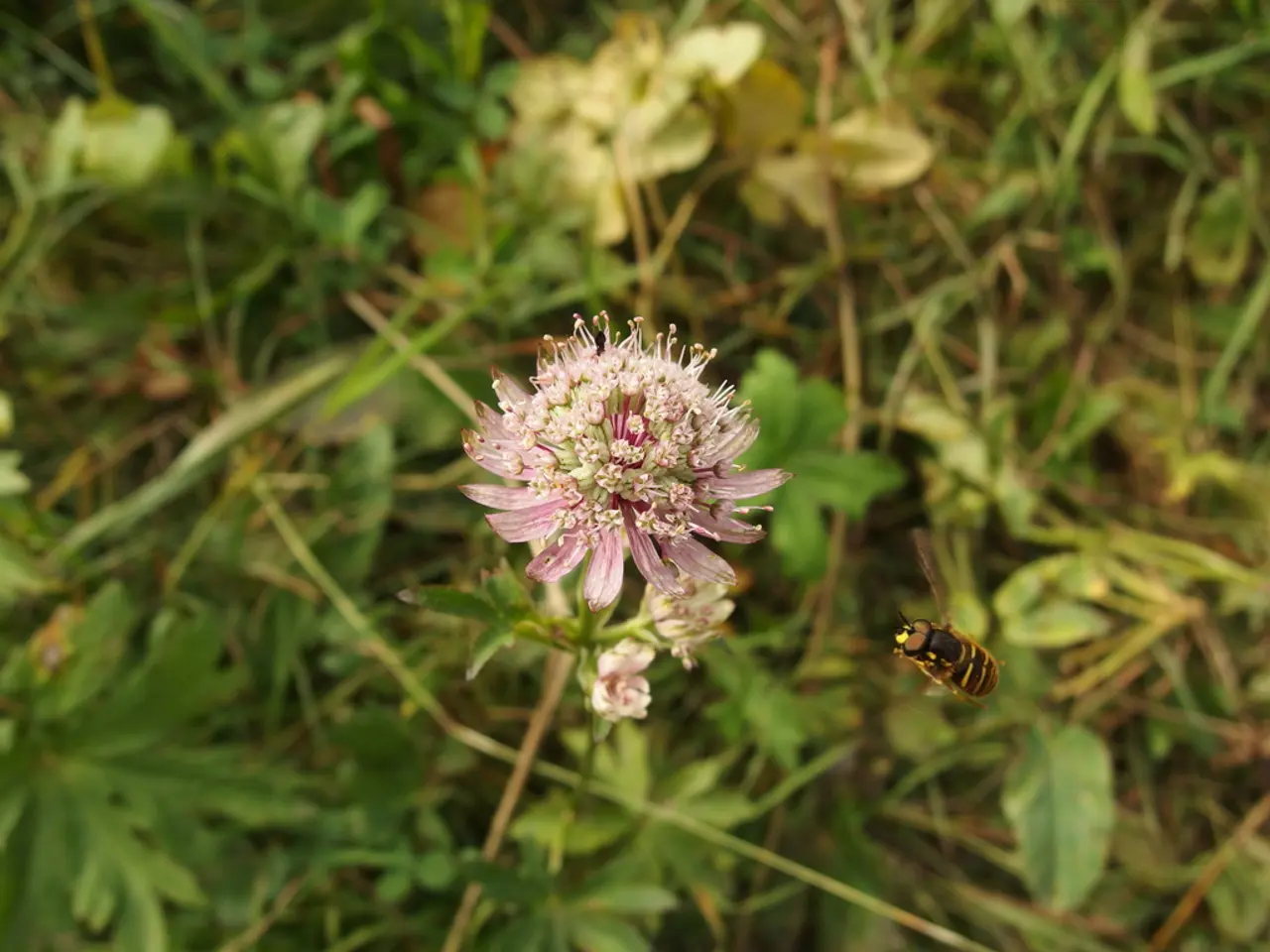Landlord's double rental cost: Why he pays for two apartments when living in just one?
In Russia, the payment of maintenance and utility bills for multiple apartments, including cases where only one apartment is inhabited, is based on the Housing Code and local regulations. Here's a breakdown of the key points:
- Maintenance fees, often called communal or housing fees, are typically charged per apartment and cover services like cleaning common areas, lighting, elevator maintenance, and heating system upkeep. These fees are obligatory for each apartment, regardless of whether it is inhabited or not, because the property still consumes communal resources and requires upkeep.
- A recent legislative proposal aims to introduce a separate line for "routine maintenance" or current repairs to increase transparency and ensure that Russians pay only for maintenance work that is required and performed. This aims to prevent overcharging and misuse of funds.
- Utility bills (water, electricity, gas) are generally charged based on actual meter readings or, in their absence, normative consumption rules. Only the apartment being used typically incurs the costs of utilities consumed inside it.
- When an apartment is uninhabited and utilities are formally turned off or not used, the owner often pays only maintenance fees; utility charges would depend on consumption or minimal normative rates set by local authorities.
- If you own multiple apartments but occupy only one, you still must pay maintenance fees on all owned apartments, because the building's communal upkeep continues. Utilities depend on actual usage: for uninhabited apartments with no consumption, utility bills should be minimal or zero.
- The upcoming clarifications in housing regulations may further refine how these fees are assessed and charged, potentially offering some relief if maintenance work is not required.
Notably, for solid waste management (SWM) services in Russia, if there are no permanently or temporarily residing citizens, the volume of these services is calculated based on the number of property owners. However, for a second apartment in Russia, the owner only needs to pay for SWM services, according to the Rules for Providing Communal Services (Point 148(36)).
These rules apply to all property owners in Russia, regardless of their location or residency status. The Russian Civil Code, Housing Code, and Rules for Providing Communal Services continue to be relevant to this issue.
It's important to note that non-use of a property does not exempt the owner from making these payments. Yakutskecoseti continues to suggest exploring the issue of paying for maintenance services and utility bills for all living spaces when only residing in one of them.
[1] Source: Various housing regulations and laws in the Russian Federation.
- In the realm of finance, it seems prudent for home-and-garden enthusiasts in Russia to consider the costs associated with owning multiple apartments, as maintenance fees are obligatory for each apartment, regardless of its occupancy.
- For those who prefer a lifestyle that involves investing in real-estate beyond their primary residence, it's critical to understand that utility bills for uninhabited apartments are generally costs that can be minimized or nullified, as charges are often based on actual consumption or minimal normative rates set by local authorities.
- As one delves deeper into the housing market of Russia, it's crucial to remember that for solid waste management services, the volume is calculated based on the number of property owners, and rules may vary for a second apartment, as outlined in the Rules for Providing Communal Services.




